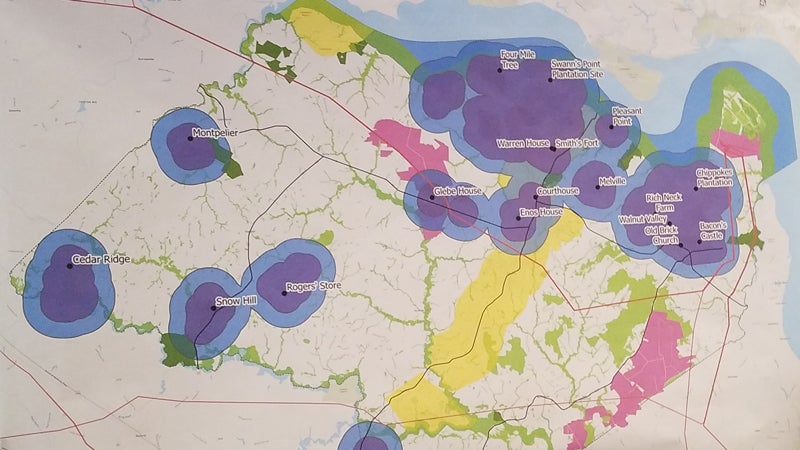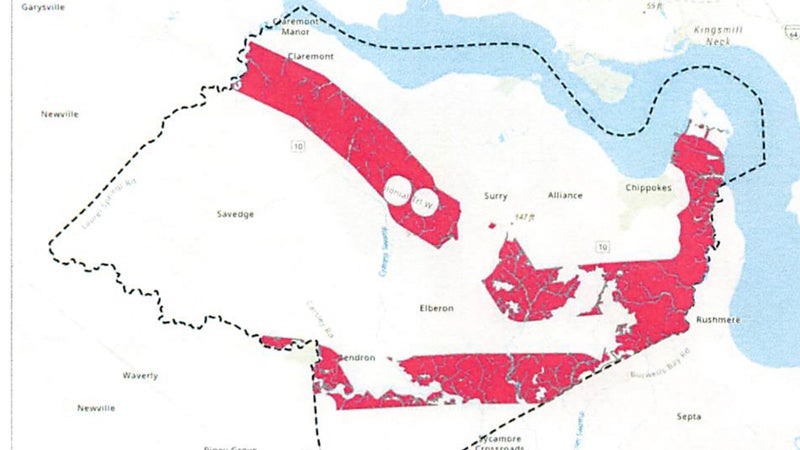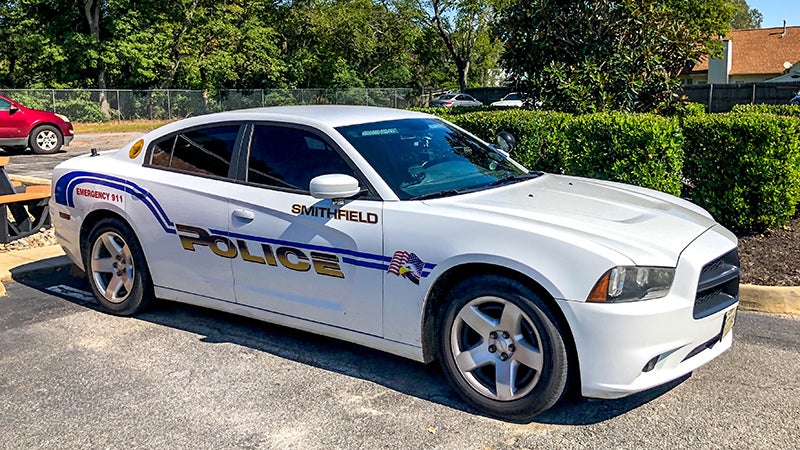Consultant: energy projects ‘appropriate’ in some parts of Surry
Published 4:31 pm Tuesday, August 23, 2022
Surry County’s Planning Commission, working with consultants from Summit Design & Engineering, have identified areas of the county where energy projects “might be appropriate.”
The commissioners are looking to add what they’ve termed an “energy policy” to the county’s 2040 Comprehensive Plan, aimed at limiting the number and location of new solar farms and other energy-generating projects.
Surry last revised the plan in 2020. The 142-page document, intended to guide land-use decisions through 2040, currently states that solar farms are to be sited as close to existing electric transmission lines as possible, avoid or minimize impacts to prime farmland and be screened from residential areas, Routes 10 and 31, and scenic or cultural resources.
According to maps Summit created, Surry encompasses 198,050 acres. Subtracting areas of water, wetlands, historic sites and residential areas would leave 113,860 acres, or 54% of the county’s land, “not inappropriate” for energy projects. Specifying a maximum 1-mile distance from power lines not only for solar farms but all energy projects would leave 35,227 acres that “might be appropriate.” Part of the identified area is already slated for the Spring Grove Solar LLC and Colonial Trail West solar farms, which Surry’s supervisors approved in 2018, and the Cavalier solar farm, which supervisors approved in 2021.
Surry kicked off the amendment process in May by surveying residents on the pros and cons of solar, nuclear, wind and other sources of electricity generation. The 181 responses, according to county staff, yielded a “general consensus that Surry County already has enough utility-scale solar projects.”
County supervisors rejected two proposed solar farms earlier this year, one a 220-megawatt facility that would have been located across the street from the 17th century Bacon’s Castle homestead and another Spring Grove solar farm that would have been named “Loblolly Solar” and produced 150 megawatts.
The supervisors did, however, vote 2-1 in June to approve a controversial biogas processing facility near the Surry-Sussex county line that would turn methane from hog manure, also known as biogas, into pipeline-quality natural gas. Former Supervisor Michael Drewry, who cast the dissenting vote, has since resigned and filed a petition in Surry’s Circuit Court seeking to overturn the vote on grounds that the Planning Commission allegedly “did not follow” procedures required under state law when vetting the project last fall.
Surry’s goal in adding an energy policy to its comprehensive plan, according to Planning and Community Development Director Horace Wade III, is to make it clearer to developers where the county is and isn’t likely to consider new energy projects.
“There are some projects on the horizon that are actively talking with staff,” Wade said.
At the Planning Commission’s Aug. 22 meeting, some commissioners proposed further restricting energy projects to a specified distance from churches and cemeteries.
According to Wade, the county’s next step is for staff to begin drafting the proposed energy policy amendment to the comprehensive plan, and then present that draft to the Planning Commission.







